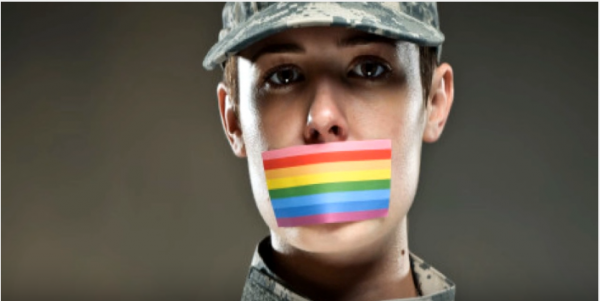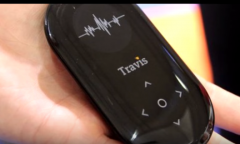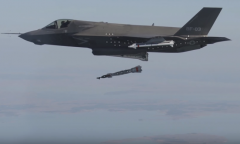By Prei Dy, | April 25, 2017

Transgender people in the military have a better mental health and quality of life, study finds. (YouTube)
An emerging study found that transgender people serving the military could yield long-term, positive benefits on their mental health and quality of life.
A research from the University of Washington School of Social Work revealed that transgender older adults showed fewer symptoms of depression and greater mental health-related quality of life.
Like Us on Facebook
Although the estimated numbers of transgender people in the US military vary widely, the range falls between one-tenth and three-quarters of 1 percent of the roughly two million active-duty and resource forces. UCLA estimates transgender veterans in the US at around 134,000.
Past studies revealed that transgender veterans had higher rates of depression compared with other veterans. But the current research found the exact opposite, revealing that transgender veterans tend to have a better mental health than transgender people who did not serve in the military.
The US military's traditional masculine culture appears to be a challenging environment for someone who does not identify with the gender they born with, lead author Charles Hoy-Ellis said. But the military service creates its own kind of identity as it is presented with different dangerous and traumatic experiences; thus, overcoming those difficulties builds resilience. And this is where the identity of transgender people comes in.
"Many people develop an identity as a military person - that it's not just something they did but something they are," Hoy-Ellis said. "If transgender people, who are among the most marginalized, can successfully navigate a military career, with so many of the dynamics around gender in the general population and in the military, then that experience can contribute a type of identity cohesiveness."
However, the research team acknowledged that their study was limited by its sample size. The team conducted a survey of 2,450 people between 50 and 100 years old from the Aging with Pride study, and 183 individuals were identified as transgender. Of those, about one-fourth said they have served the military, with 57 percent identified as female.
The study was published in The Gerontologist.
-
Use of Coronavirus Pandemic Drones Raises Privacy Concerns: Drones Spread Fear, Local Officials Say

-
Coronavirus Hampers The Delivery Of Lockheed Martin F-35 Stealth Fighters For 2020

-
Instagram Speeds Up Plans to Add Account Memorialization Feature Due to COVID-19 Deaths

-
NASA: Perseverance Plans to Bring 'Mars Rock' to Earth in 2031

-
600 Dead And 3,000 In The Hospital as Iranians Believed Drinking High-Concentrations of Alcohol Can Cure The Coronavirus

-
600 Dead And 3,000 In The Hospital as Iranians Believed Drinking High-Concentrations of Alcohol Can Cure The Coronavirus

-
COVID-19: Doctors, Nurses Use Virtual Reality to Learn New Skills in Treating Coronavirus Patients













